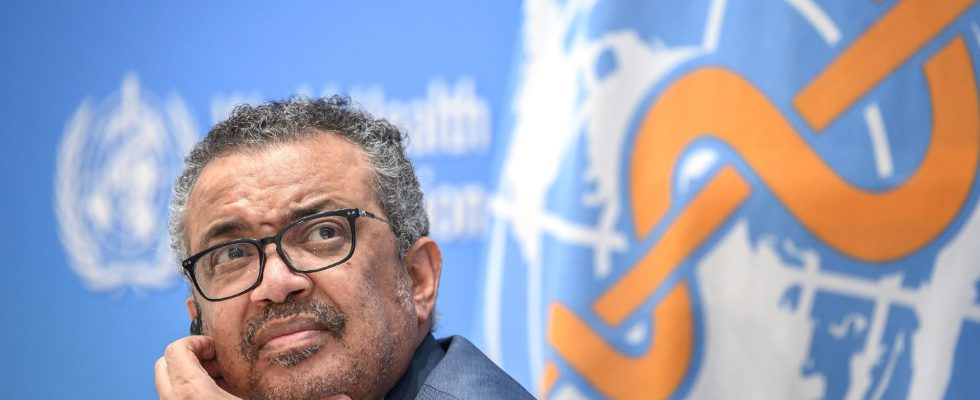The world will shift from emergency management of disease to prevention and control. The World Health Organization (WHO) lifted its highest level of alert on the Covid-19 pandemic this Friday, May 5, believing that it was now sufficiently under control.
“It is with great hope that I declare that Covid-19 is no longer a health emergency of international concern,” said WHO Director General, Tedros Adhanom Ghebreyesus, estimating that the pandemic had caused “at least 20 million” deaths, almost three times more than the official balance sheet of his organization. As of May 3, the WHO dashboard showed just under seven million officially recorded deaths.
The experts consulted by the Director General judged that “it was time to move on to long-term management of the Covid-19 pandemic” despite the uncertainties that remain on the evolution of the virus. The organization’s highest level of alert was declared on January 30, 2020, just a few weeks after the detection in China of the first cases of this new viral respiratory disease against which there was then no specific treatment.
The crisis phase of the pandemic “has passed, but not the Covid”, warned, for her part, Maria Van Kerkhove, in charge of the fight against Covid-19 within the WHO. “The worst thing a country can do now is use this news as a reason to let its guard down, dismantle the systems it has built, or send the message to its people that Covid-19 is not nothing to worry about,” added Tedros Adhanom Ghebreyesus, during the same press briefing.
A “return to normal” but still uncertainties
On Thursday, he rejoiced that the number of weekly deaths linked to Covid-19 continued to fall, since the peak recorded in China after the lifting of restrictions in this country.
“This sustained trend has allowed a return to ‘normal’ in most countries and has strengthened the capacity of health systems to cope with possible resurgences and the burden of post-Covid-19 disease”, so-called Covid long, said the WHO chief, whose speech was sent to the media.
“At the same time, there remain major uncertainties about the evolution of the virus, which makes it difficult to predict transmission dynamics or seasonality,” he told experts. He noted that virus surveillance activities and genetic sequencing have decreased significantly around the world, making it more difficult to track already known variants and detect new ones.
